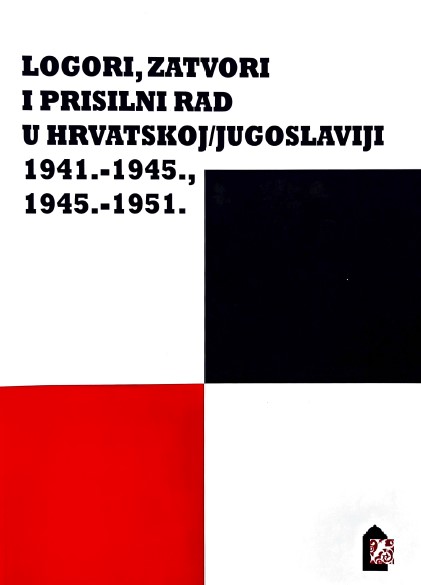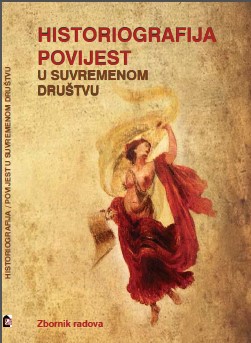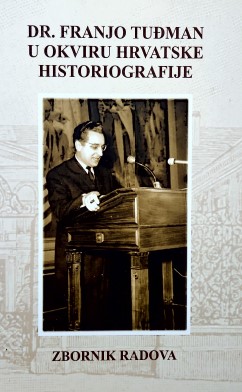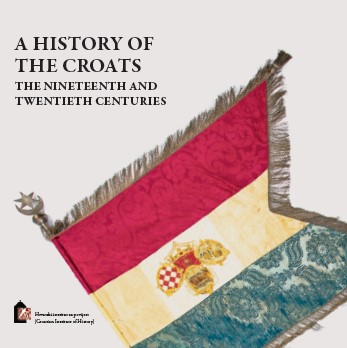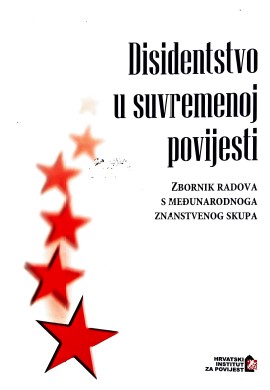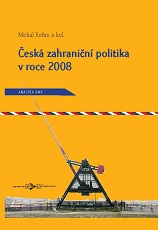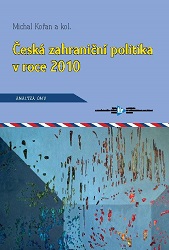Author(s): Petar Strčić / Language(s): Croatian
Publication Year: 0
Franjo Tuđman, an academician, Ph. D., and the first president of the Republic of Croatia, published his first text in Belgrade in 1952, a publicist article about a current military topic that he published as an officer of the Yugoslav National Army (JNA). He published his first article about the subject matter of this paper, history, in 1954 in Krapina. It was another publicist article about his home region of Hrvatsko zagorje in the People’s Liberation Struggle, in which he had been an active participant as a member of the Communist Party of Croatia and the League of Communists of Yugoslavia. His writing was politically intoned in the customary post-Stalinist register. He wrote his first works of historiographical value after he was moved to the study department of the Supreme Command in Belgrade in 1957, and his works after 1961 were written outside of the confines of the Army at the Institute for the History of the Workers’ Movement in Croatia, whose co-founder and first director Tuđman had been. Addressing the topics that are the subject matter of this paper, he developed into a distinguished scientist (Europe), holder of a Ph. D. (Zadar), and an associate university professor (Zagreb). In addition, at the Institute he influenced the professional development of a number of other distinguished Croatian historiographers who researched this and other subjects. He strove to adhere to the globally recognized scientific and professional standards of the time, set forth in Croatia by Jaroslav Šidak: he based his writings on sources and on critical contemplation of literature (both Yugoslav and foreign), and he made his own historiographically useful scientific and professional judgments and assessments. The antifascist and supernational ideas are prevalent in his work, but the Croatian national idea also gains importance as time passes by. His writings have held their value, but have for the most part been (unjustly) neglected in comparison with other writings he produced after the 1970s, when he, expelled from the League of Communists of Croatia and the League of Communists of Yugoslavia, removed from the position of the director of the Institute, and no longer allowed to teach, functioning as a prisoner and active politician, supplemented his old writings about this subject with new, mostly publicist values characterized by prominent Croatian national spirit in the contemporary anti-communist and anti-Yugoslav political standing. Still, his overall contribution to this subject is positive, and he also provided very vigorous impetus to his critics and followers, including scientists and experts, regardless whether their views about his work were positive or negative. Some of them made their own new contributions to historiography and publicist writing by defending or rejecting his theses and results, sometimes even unwittingly. These solid results about this subject would be nonexistent without Franjo Tuđman.
More...
